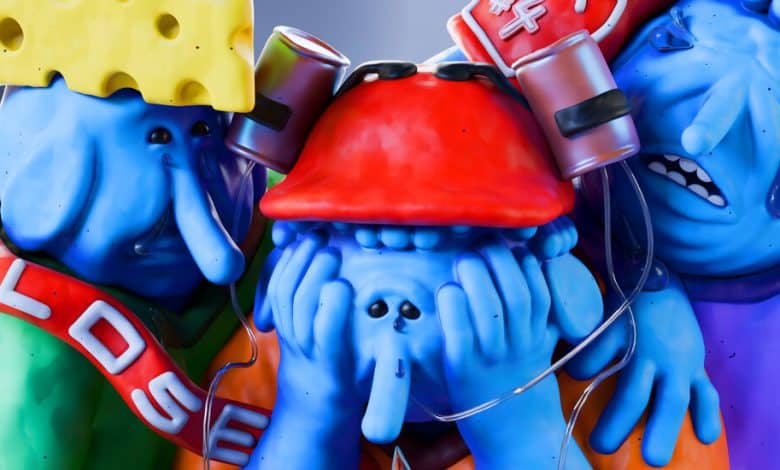Baseball Is Designed to Break Your Heart

The familiar emptiness hit me in the pit of my stomach. For the second time in five years my beloved 49ers had blown a 10-point lead to the Kansas City Chiefs and lost the Super Bowl. As soon as the game was over I turned away from the screen, quietly thanked my party hosts, went home to feed my cat and grew determined to not read about or watch sports for a long while. I may have muttered the phrase “I hate sports” several times over the next few days.
Yet not two weeks later, with spring training games now underway, and every baseball team, including my beloved San Francisco Giants, offering its followers a glimmer of optimism for the coming season, I’m drawn back in again to sports fandom. A question plagues my mind, and not for the first time: Why?
As a sentient being who happens to be a passionate sports fan, I have had ample opportunity to grapple with this question. Why do we bother? We will most likely never meet the athletes we root for. We will never make as much money as they do. Nothing they do affects our physical health, our families or our livelihoods. Yet our emotional well-being rises and falls with their success on the field, on the court and on the baseball diamond.
I believe it’s because, in a world in which tribalism is pulling us apart, the completely imaginary tribalism of the sports fan is a necessary balm. Not because it allows you to celebrate — though you do occasionally get to do that — but because you get to lose. A lot. Nothing brings us together like communal suffering. And this simulated losing helps prepare us for the worst that life can dish out.
I do remember one sentence I uttered as I stumbled out of that Super Bowl party: “Well, somebody had to lose.” (It’s an inverse of what I often say when two teams I hate square off: “It’s a pity somebody has to win.”) Whether we realize it or not, every fan of a team that loses is constantly in the process of honing a valuable life skill. To live is to lose — a loved one, a marriage, a job, a sense of identity — and sports are trivial compared with any of that. But sports provide perspective: You think this is bad? C’mon. This is just a game. It gives us a kind of laboratory of loss, a relatively safe arena in which to practice for the losses that really matter.
Even great teams suffer their share of heartbreakers. The Yankees, who’ve won more World Series titles than any other franchise, have given up two devastating walk-off World Series Game 7 hits (in 1960, to Bill Mazeroski and the Pirates, and in 2001, to Luis Gonzalez and the Diamondbacks). Every league has numerous teams and only one of those teams finishes the season on top, which means the fans of every other team form a community of losers, a community that speaks the same language of bad beats, bad hops, bad calls, bad decisions and the all-encompassing bad luck.
